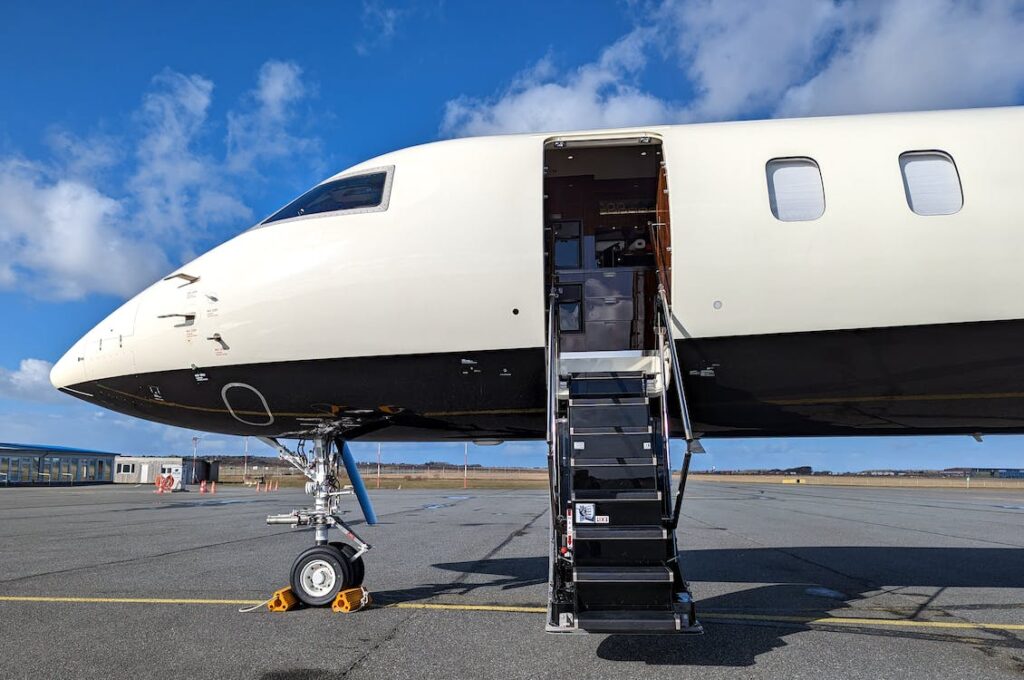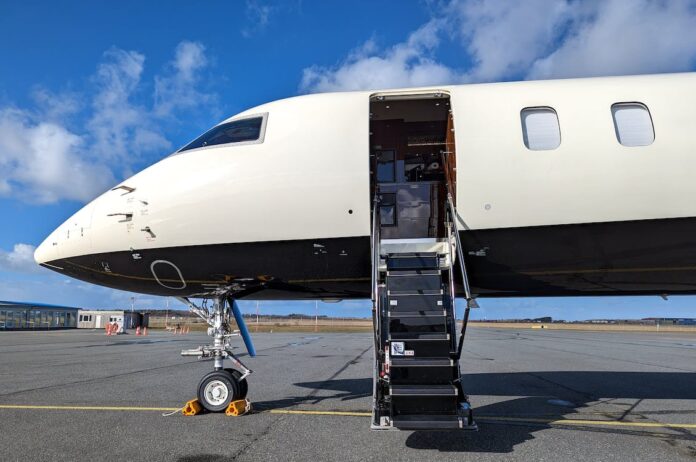Introduction
Arriving on time for a flight is crucial for a smooth travel experience. Whether you are traveling for business or pleasure, missing your flight can cause a lot of stress and inconvenience. One of the key factors in ensuring you make your flight is arriving at the airport on time for your boarding time. Boarding time is the designated time when passengers are allowed to start boarding the aircraft. In this article, we will explore the importance of boarding time, how it is determined by airlines, and the impact of various factors on boarding time.

Understanding the Importance of Boarding Time
Boarding time is crucial for a flight’s departure as it allows the airline to efficiently load passengers and their luggage onto the aircraft. It ensures that all passengers are on board and ready for takeoff at the scheduled departure time. If passengers arrive late and miss their boarding time, it can cause delays for the entire flight and inconvenience other passengers.
Airlines determine boarding time based on various factors such as the size of the aircraft, the number of passengers, and the airport’s capacity. They aim to strike a balance between allowing enough time for passengers to board and ensuring an on-time departure. Boarding times are typically communicated to passengers through their boarding passes or by announcements at the gate.
The Check-In Process and Its Impact on Boarding Time
The check-in process plays a significant role in determining boarding time. It is the process where passengers confirm their presence and provide necessary travel documents to the airline. This process can be done online, at self-service kiosks, or at check-in counters at the airport.
To streamline the check-in process and save time, it is recommended to check-in online before arriving at the airport. This allows you to select your seat, print your boarding pass, or have it sent to your mobile device. Online check-in also allows you to bypass long lines at the check-in counters and proceed directly to the security checkpoint.
The Role of Security Checks in Boarding Time
Security checks are an essential part of the boarding process and can significantly impact boarding time. These checks are conducted by airport security personnel to ensure the safety of passengers and the aircraft. They involve screening passengers and their belongings for prohibited items.
The Transportation Security Administration (TSA) in the United States has implemented various programs to expedite the security check process. One such program is TSA PreCheck, which allows pre-approved passengers to go through an expedited security screening process. Passengers enrolled in TSA PreCheck can keep their shoes, belts, and light jackets on, and their laptops and liquids in their bags.
How Late Can You Arrive at the Airport for Your Flight?
The recommended arrival time at the airport for domestic flights is typically 1-2 hours before the scheduled departure time. For international flights, it is recommended to arrive at least 3 hours before the scheduled departure time. However, these times can vary depending on factors such as traffic, airport size, and airline policies.
It is important to consider these factors when planning your arrival time at the airport. Traffic congestion can cause delays, so it is advisable to leave early to account for any unforeseen circumstances. Additionally, larger airports may have longer check-in and security lines, so arriving early can help ensure you have enough time to complete these processes.
The Boarding Process: What Happens Before the Doors Close?
The boarding process involves several steps that take place before the doors of the aircraft close. These steps include checking boarding passes, scanning passports, and ensuring passengers are seated in their assigned seats. Airlines prioritize boarding groups based on factors such as frequent flyer status, class of service, and special assistance needs.
Passengers are typically called to board in groups or zones, starting with those in premium cabins or with special needs. This allows for a more organized and efficient boarding process. It is important to pay attention to announcements and follow instructions from airline staff to ensure a smooth boarding experience.
What Happens if You Miss Your Boarding Time?
If you miss your boarding time, there can be consequences depending on the airline’s policies and the specific circumstances. In some cases, you may be able to be rebooked on a later flight, but this is not guaranteed. You may also be subject to additional fees or penalties for missing your flight.
If you do miss your boarding time, it is important to contact the airline as soon as possible to discuss your options. They may be able to provide guidance on rebooking or offer alternative solutions. It is also advisable to check if you have travel insurance that covers missed flights, as this can help mitigate any financial losses.
The Impact of Flight Delays on Boarding Time
Flight delays can have a significant impact on boarding time. If a flight is delayed, it can cause a ripple effect on subsequent flights and disrupt the entire schedule. This can result in longer wait times at the gate and a more crowded boarding process.
To minimize the impact of flight delays on your travel plans, it is important to stay informed about any updates or changes to your flight. Airlines often provide notifications via email, text message, or their mobile app. It is also advisable to have a backup plan in case of delays, such as having contact information for the airline or travel agent readily available.
Tips for Ensuring You Make Your Boarding Time and Don’t Miss Your Flight
To ensure you make your boarding time and don’t miss your flight, here are some tips:
1. Plan ahead: Research the recommended arrival time for your flight and factor in any potential delays or traffic congestion.
2. Check-in online: Take advantage of online check-in to save time at the airport and avoid long lines at the check-in counters.
3. Pack efficiently: Pack your belongings in an organized manner to facilitate the security check process. Avoid packing prohibited items in your carry-on luggage.
4. Be prepared for security checks: Familiarize yourself with the TSA’s rules and regulations to ensure a smooth security check process. Consider enrolling in programs like TSA PreCheck to expedite the process.
5. Stay informed: Keep track of any updates or changes to your flight, including delays or gate changes. Stay connected to the airline through their mobile app or other communication channels.
Conclusion
Arriving on time for your flight and making your boarding time is crucial for a smooth travel experience. Boarding time allows airlines to efficiently load passengers and their luggage onto the aircraft, ensuring an on-time departure. Factors such as the check-in process, security checks, and flight delays can impact boarding time.
By following the tips mentioned in this article, you can increase your chances of making your boarding time and avoid the stress and inconvenience of missing your flight. Plan ahead, check-in online, and stay informed about any updates or changes to your flight. By doing so, you can ensure a seamless travel experience from start to finish.


